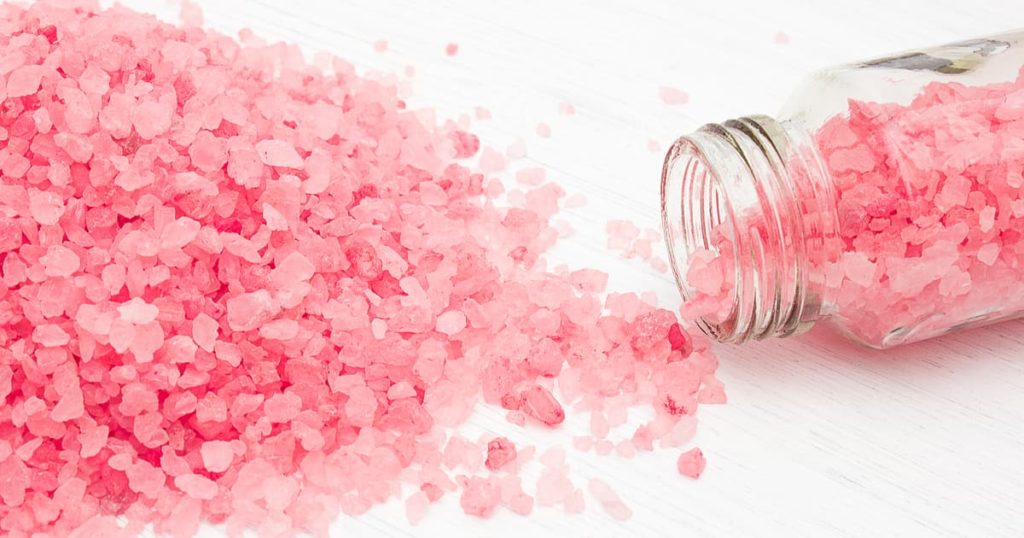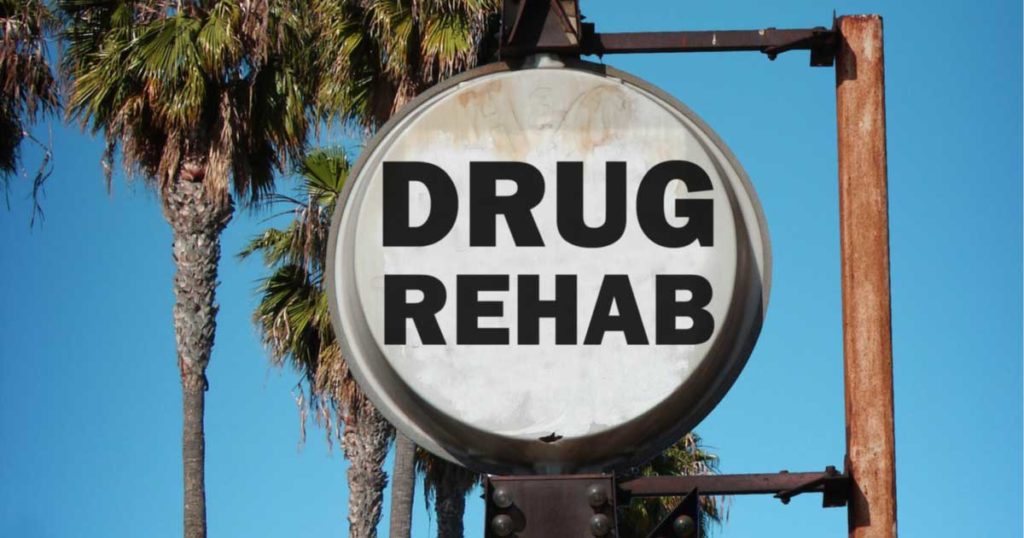There is no one-size-fits-all way to prevent teenage prescription drug abuse, but there are things you can do to help your teen make smart choices. Start a conversation with your teen about prescription drug abuse and get to know your child’s perspective on the issue.
Discuss a Recent News Story
One of the best ways to begin a conversation with your child about teenage prescription drug abuse is to discuss a recent news story involving prescription drugs. Teenagers are more connected to the news now than ever before. With all the latest news stories available on a cell phone or laptop, teens are often up to date on current events. If you’ve recently heard a news story about teenage prescription drug abuse that has you concerned, mention it to your teen. Start by asking if he or she heard about the story. Discuss the details of the story to make sure your teen understands the circumstances, especially the role prescription drugs played in the event. Ask your teen if he or she knows why prescription drugs are harmful, what certain drugs do to the body and brain, how to recognize certain drugs and how to handle situations where he or she may be offered drugs.
Talk About a Friend or Family Member
Nearly everyone has a friend or family member who has struggled with addiction. Use your personal experiences and knowledge as a jumping-off point to discuss teenage prescription drug abuse with your child. Teens are often more receptive to talking about drugs with their parents when they know their parent has experience helping a friend or family member through substance abuse. Ask your child if they know anyone who has been affected by substance abuse and take the opportunity to help them process the experience and learn from the other person’s mistakes.
Maintain an Open Dialogue
Some parents discuss teenage prescription drug abuse with their children once and never approach the subject again. For some kids, this is enough, but in most cases it’s best to have an open dialogue about drugs. Make a point to bring up the subject of drugs every few months when it is comfortable or appropriate. This may be before your teen goes to a party, after a party, when a relevant news story comes out, when he or she is taking a health class or when there is a drug-related school assembly. Your conversations do not have to be in-depth every time. Just make sure your teen knows he or she can talk with you about it anytime the need arises. Teenagers want to be respected for their ability to make their own decisions. Give your teen the opportunity to show you that he or she knows right from wrong before offering your own advice. Then fill in the gaps in his or her knowledge so your child is well-informed and protected. Sources National Institute on Drug Abuse. (2016). What to Do If Your Teen or Young Adult Has a Problem with Drugs. https://www.drugabuse.gov/related-topics/treatment/what-to-do-if-your-teen-or-young-adult-has-problem-drugs National Institute on Drug Abuse for Teens. (2016).Prescription Drugs. https://teens.drugabuse.gov/drug-facts/prescription-drugs






